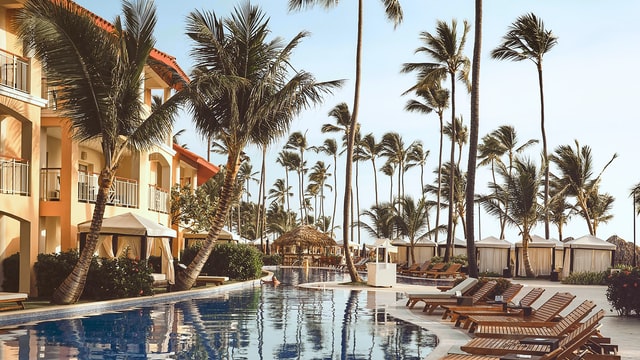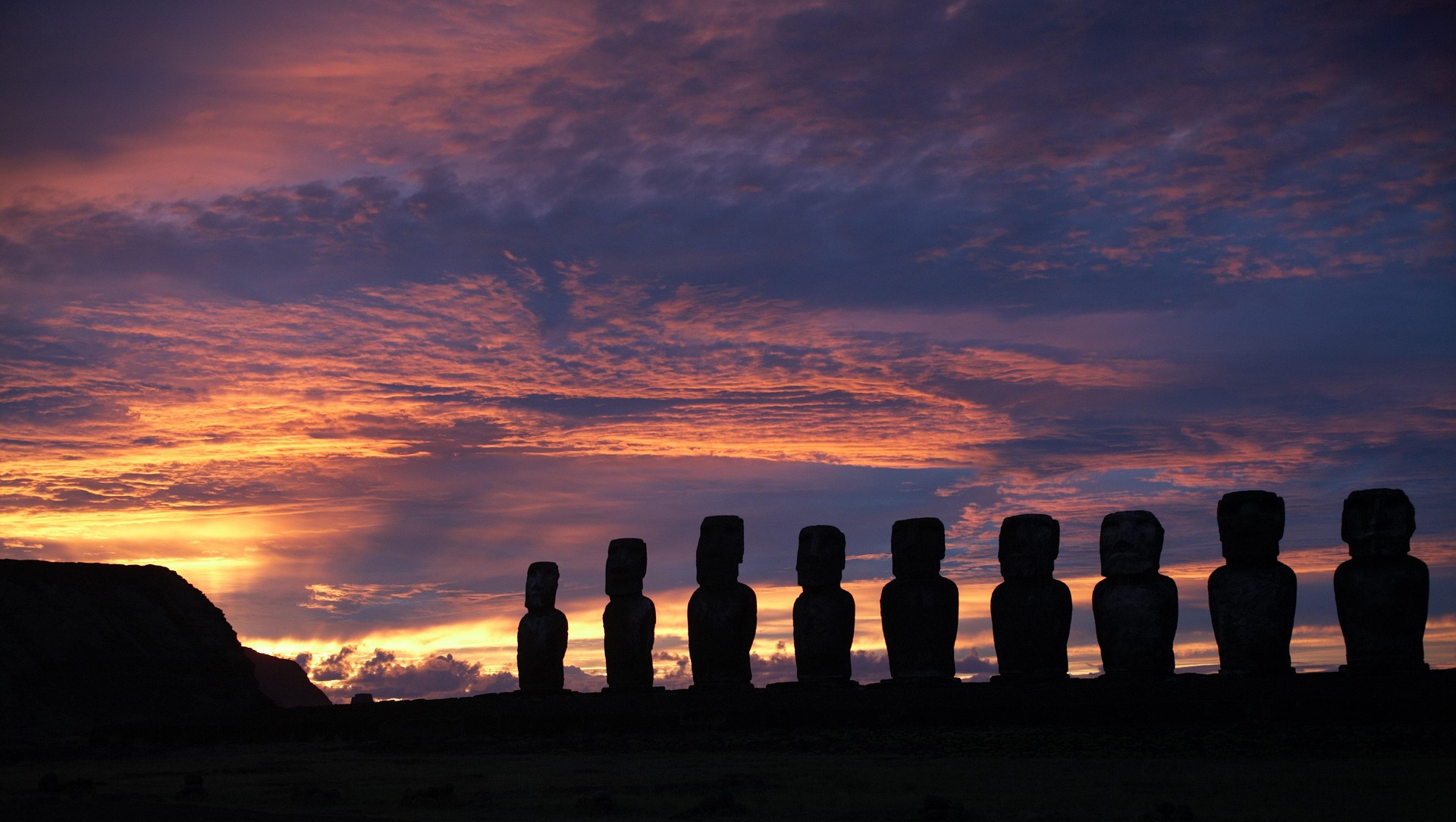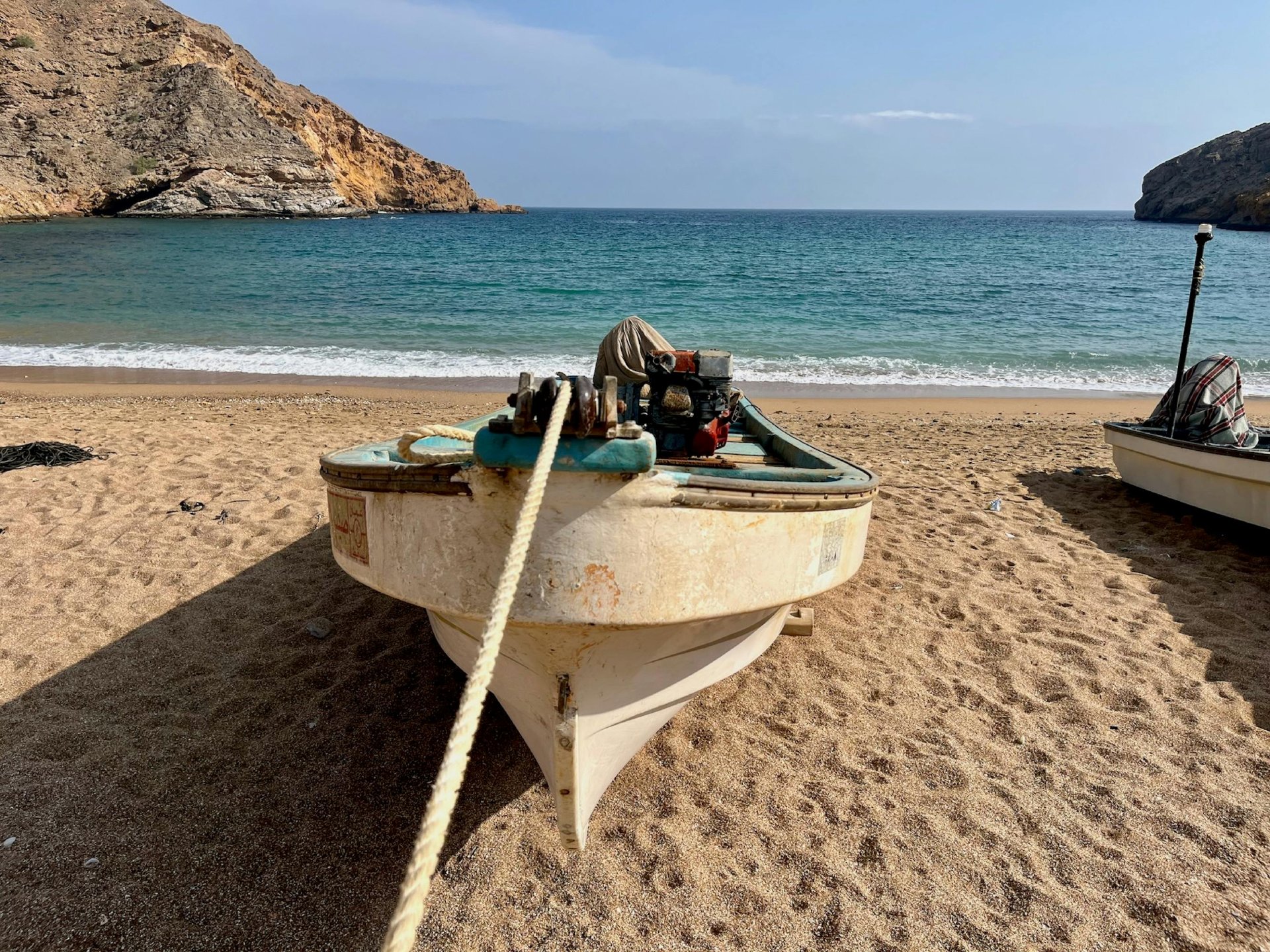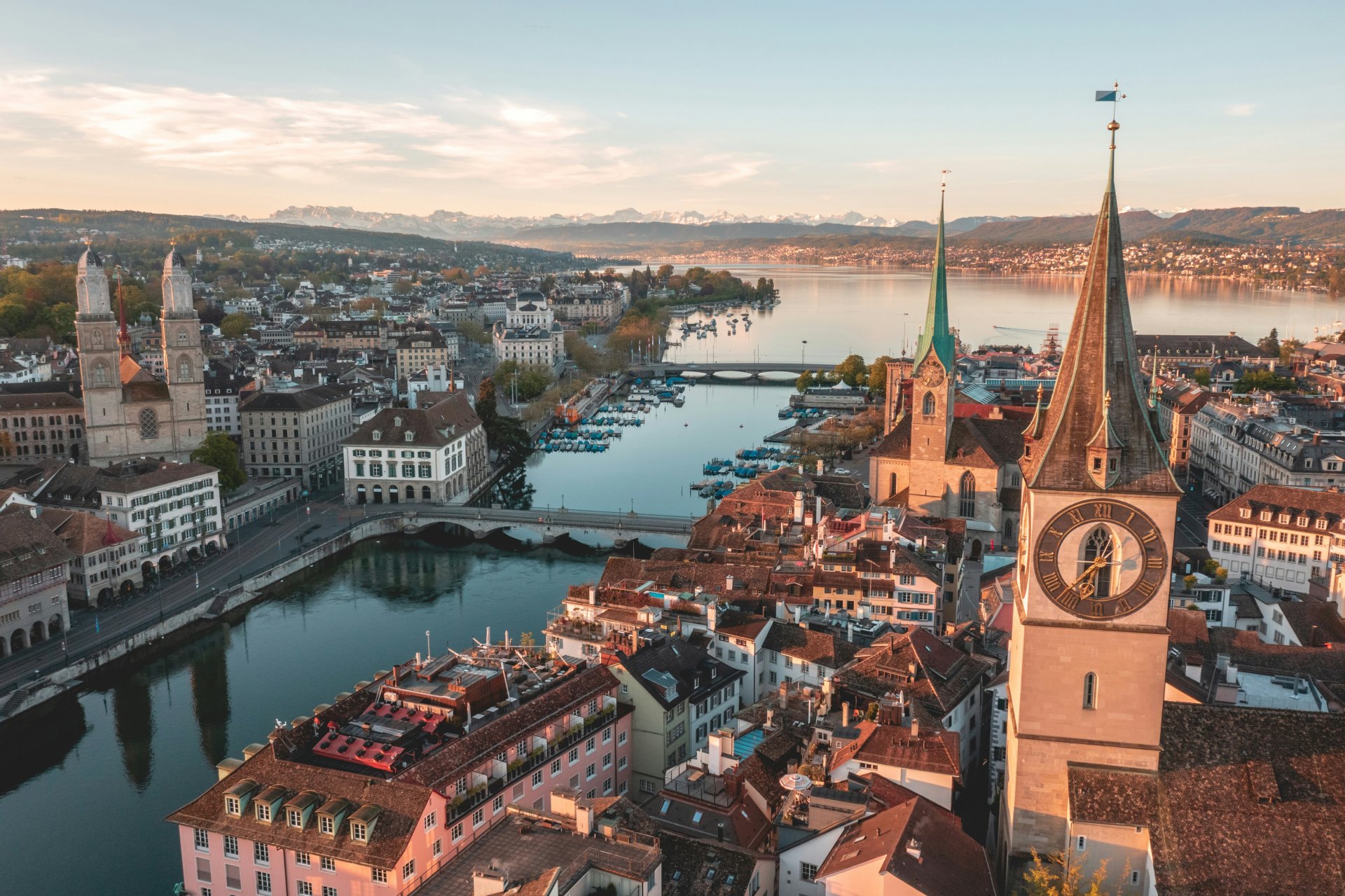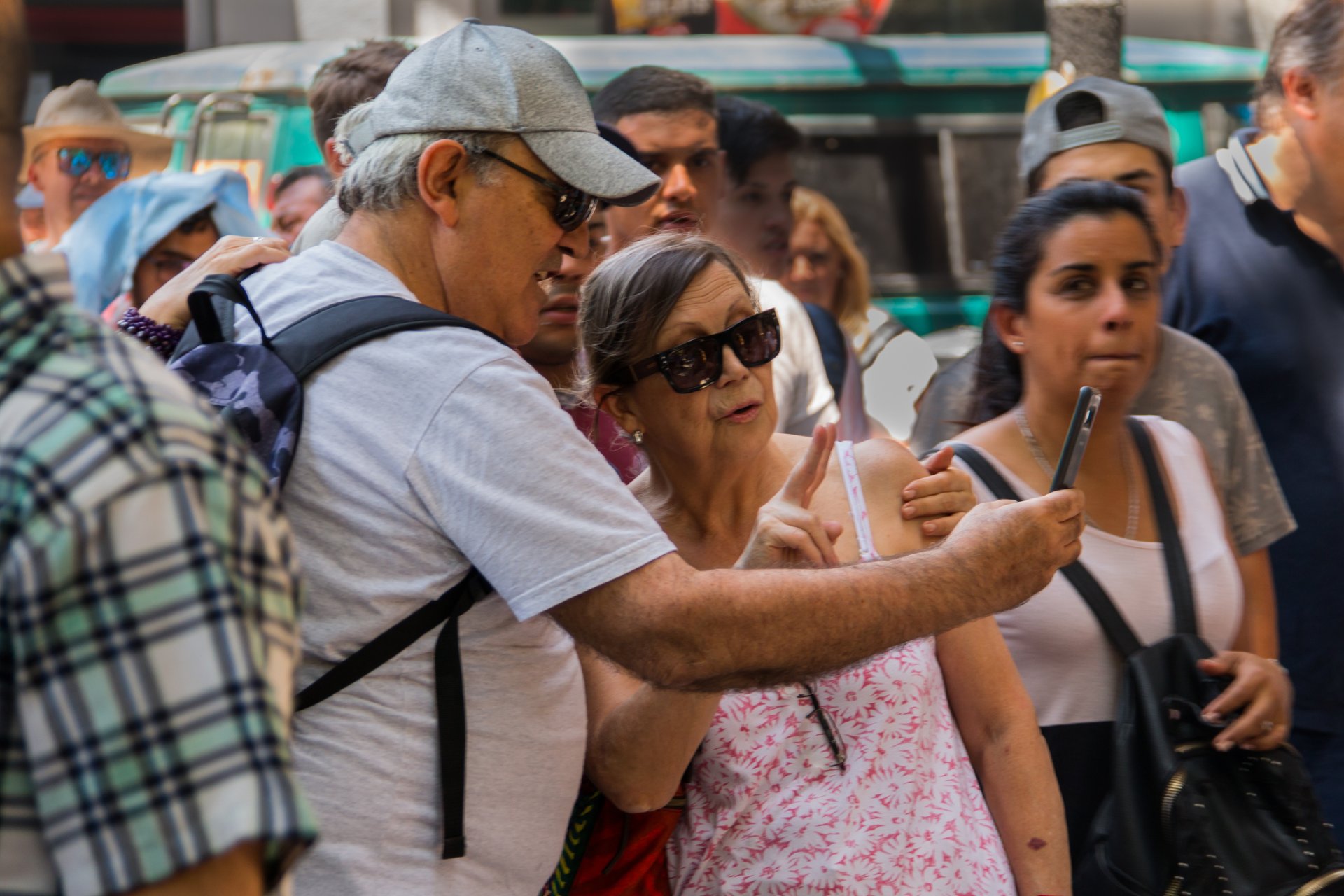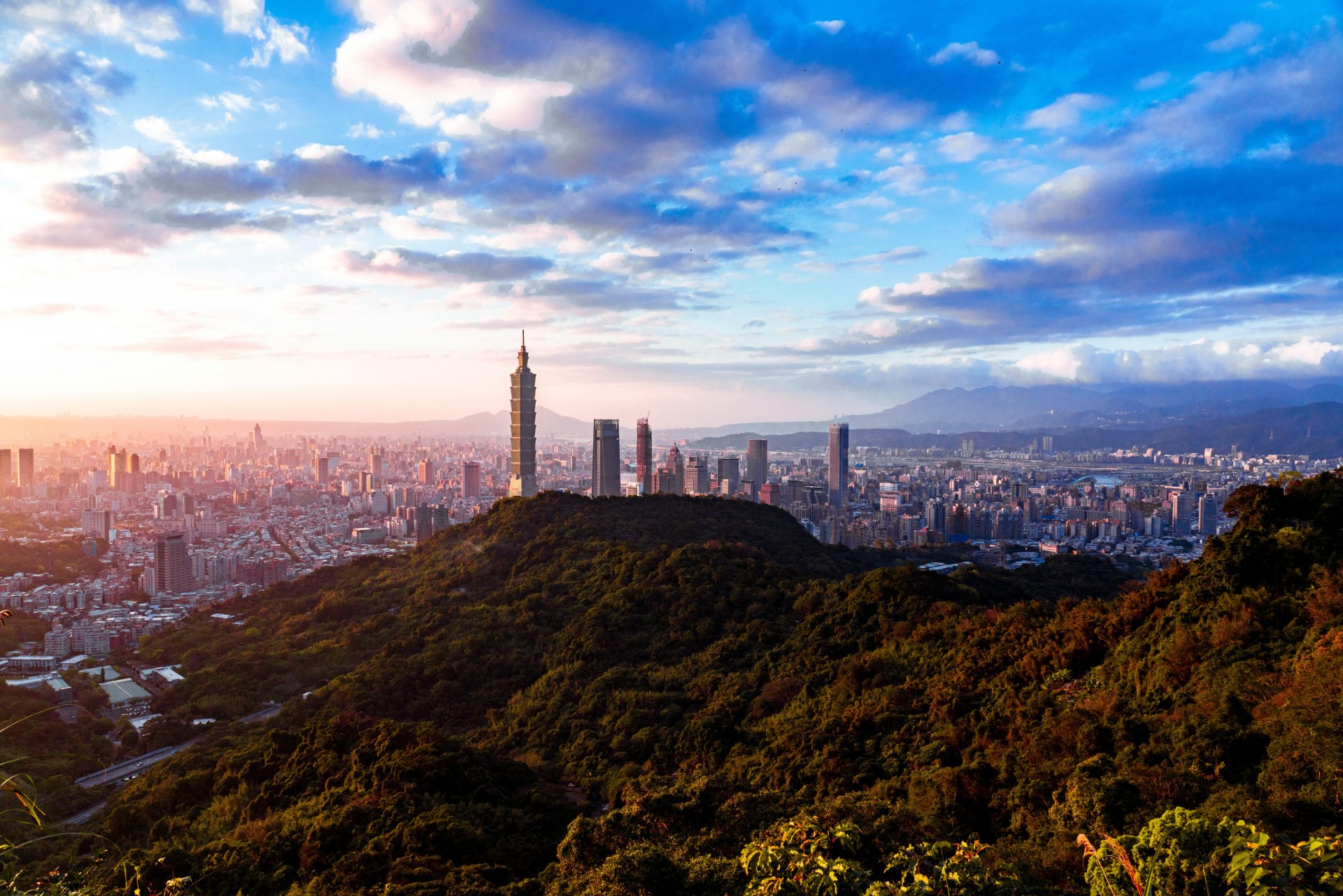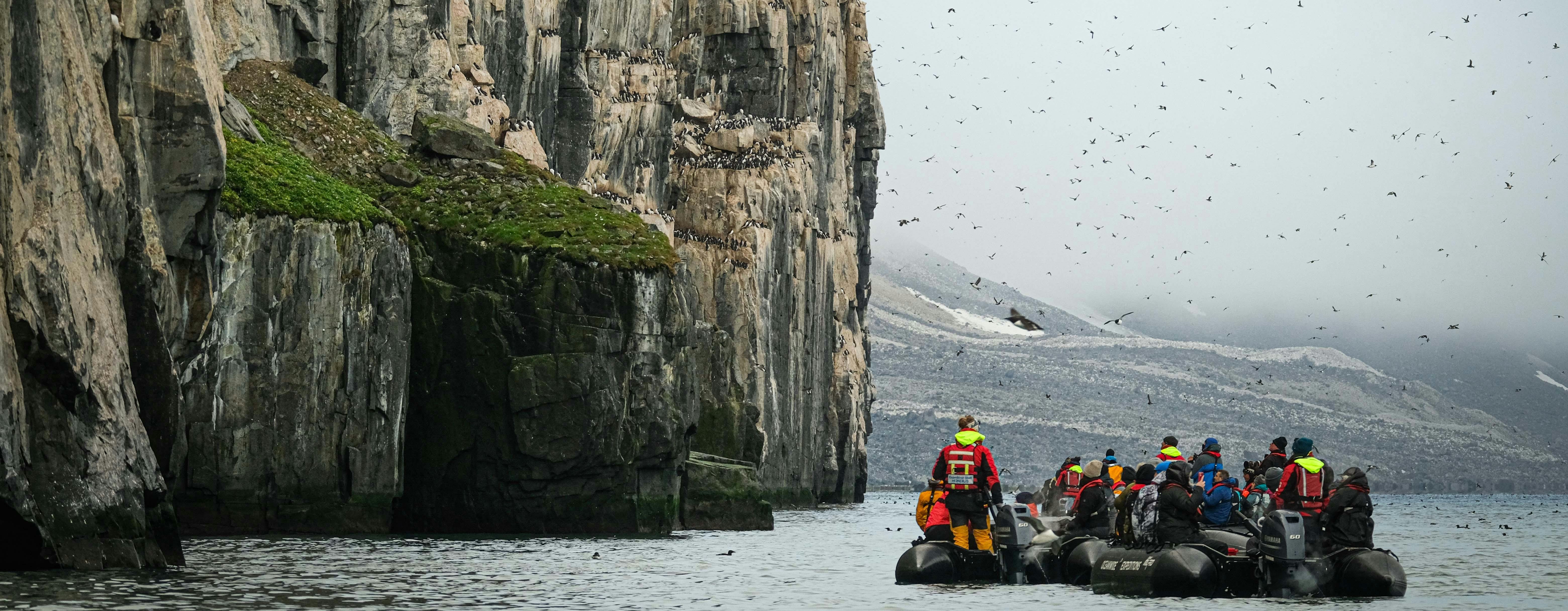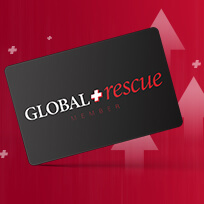All-inclusive resorts have all the amenities you need — except, perhaps, health care. It’s important to ask before your book. Medical emergencies can happen anywhere, anytime, even at the immaculate sandy beach or on the award-winning golf course.
You’ve booked your stay at an all-inclusive resort where all the essentials — food, drinks, activities and entertainment — are included in the booking price. With amenities like a golf course, a water park, sandy beaches and a fitness center with yoga classes, you don’t even have to leave the immaculately structured resort grounds.
Except if you have a medical emergency.
“All-inclusive resorts are sometimes located in remote areas, or regions with extreme poverty,” said Dan Stretch, operations manager at Global Rescue. “Before you book, you may want to ask if there is medical care on site or nearby, and the quality of the nearest medical care facility. This could be vital information if you are traveling with children or are trying a new sport, like deep sea fishing or horseback riding.”
[Related Reading: What Are Medical Advisory Services?]
Travelers Demand Health Care Access
The pandemic raised awareness of many things related to health care: how to access health care during a lockdown, the importance of mental health and researching the capabilities of medical facilities overseas. And those factors influenced purchasing decisions. Hotels, inns and resorts stepped up to the plate with COVID-19 safety amenities and doctors on demand for travelers looking for health and safety services.
But these conveniences will go away by the end of 2022. Club Med’s Emergency Assistance program offers guests coverage for emergency medical expenses during their stay, including medical costs related to COVID-19, until December 31, 2022.
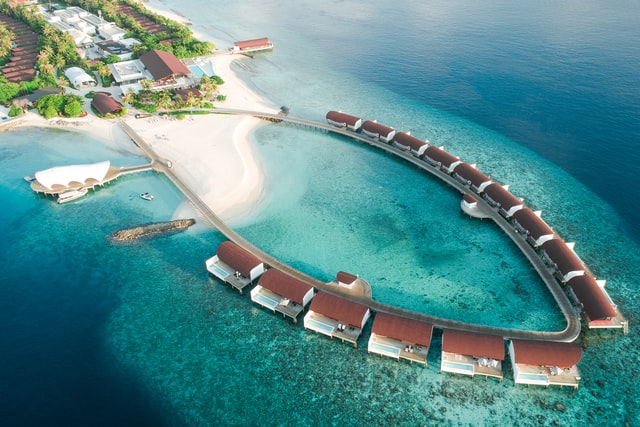
Sandals’ “Insurance Is On Us” program, valid for reservations made between June 30, 2022 and December 31, 2022, covers up to $100,000 per person for any medical expenses in the Caribbean islands due to treatment for illness (including COVID) or accident; medical expenses in the nearest facility for the treatment for a sickness or injury incurred during the resort stay; and transportation to and from a hospital by a professional ambulance company.
After the programs end, you’ll be on the hook for medical advisory services. Only some of Club Med’s all-inclusive resorts, such as the Punta Cana resort in the Dominican Republic, have an onsite infirmary staffed by doctors and nurses to provide medical care for guests and staff.
Sandals all-inclusive resorts typically have a resident nurse onsite offering complimentary medical assistance services, but there is a charge if a doctor’s consultation is necessary.
Another Punta Cana resort, Sanctuary Cap Cana all-inclusive resort, offers doctor and nurse services on call at an additional cost. They note first-aid assistance is offered in emergency situations, but what type of situations — a simple beach sunburn or a more severe cardiac arrest — should be confirmed.
Reader’s Digest Canada warns of overcharging by in-house physicians, so make sure to ask about fees before the doctor visits. After-hour visits can also be expensive; an average consultation from a hotel doctor ranges between $100 to $150 USD. The price can climb from there depending on the type of treatment you require.
You also could be advised to go to a local facility when you may not need to. The Canadian government notes aggressive sales tactics by Dominican Republic in-house doctors trying to encourage admission to a local facility.
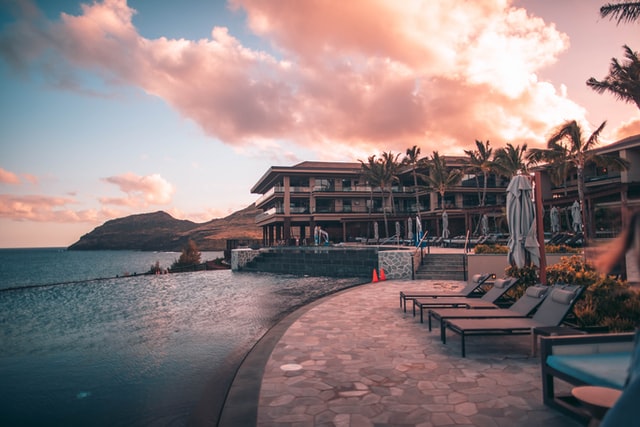
[Related Reading: How to Manage a Medical Emergency Abroad]
All-inclusive Travel with Peace of Mind
It’s great to have free meals and unlimited beverages, but a medical emergency can cost you hundreds of thousands of dollars out of pocket. Here are three areas you should research before signing up for all-inclusive vacation packages:
ONE: Check the surrounding area for health care facilities (and what level)
Hospitals in larger cities may offer trauma care services similar to a U.S. Level 1 hospital — 24-hour ED, trauma and surgical services — and Joint Commission International (JCI) accreditation. Medical facilities in rural communities may not have the equipment, training, staff or capacity for your illness or injury. In addition, the terrain in rural mountainous areas may make providing timely trauma care challenging.
Global Rescue’s medical advisory service can direct you to the medical resources in your destination so you are not left guessing about how to best address your health concern. We will also help members find testing facilities and coronavirus-capable hospitals.
“For example, health care in Mexico is generally excellent, and the majority of Mexican doctors and dentists have received their training in the United States, Canada, or Europe,” Stretch said. “Aruba has four modern medical centers on the island: the Dr. Horacio Oduber hospital in Oranjestad, the private Urgent Care Clinic in Noord, the Centro Medico Rudy Engelbrecht in San Nicolas, and the MedCare Clinic in Noord.”
TWO: Make sure a natural disaster doesn’t change your access to health care
Travelling at off-peak times to get a lower rate? Make sure there isn’t a reason for the discount, such as hurricane season. It could already be difficult to access health care resources in your destination when the sun is shining — imagine the limited access during a natural disaster.
For a complete safety net, purchase a security add-on to a travel protection membership. For example, Global Rescue’s teams of military special operations veterans are available to provide advisory, consultation and evacuation services for events like natural disasters, terror attacks and civil unrest when you are in danger. If you’re ill or injured, you’ll be able to access field rescue services (transport from the point of illness or injury) and medical evacuation services (transport from hospital to hospital).
“I did tons of research about the best option should a disaster occur,” said Jacob Hendrickson, a Global Rescue member from Australia. “I simply couldn’t find anyone with better services than Global Rescue.”
THREE: Telehealth services for doctor access
Sometimes the free health care offered at an all-inclusive resort won’t be enough. You can avoid skyrocketing fees with a telehealth membership. Right from your room, you’ll have immediate access to a team of medical experts for real-time video consultations and treatment. Doctors have the ability to prescribe medications, order labs or diagnostic imaging, or direct you to a facility if needed.
“Perhaps the biggest mistake a traveler can make is ignoring telehealth options,” said Dan Richards, CEO of Global Rescue. “Medical consultations with paramedics, nurses and physicians by phone and video are a critically important resource for travelers, who are able to receive diagnosis and treatment recommendations on the fly in places that may lack the adequate resources to provide these services.”
“When you are off grid, in a site that is only accessible by boat or air, TotalCare provides peace of mind, knowing services are available,” said Anna Christensen, a TotalCare member from British Columbia, Canada.

